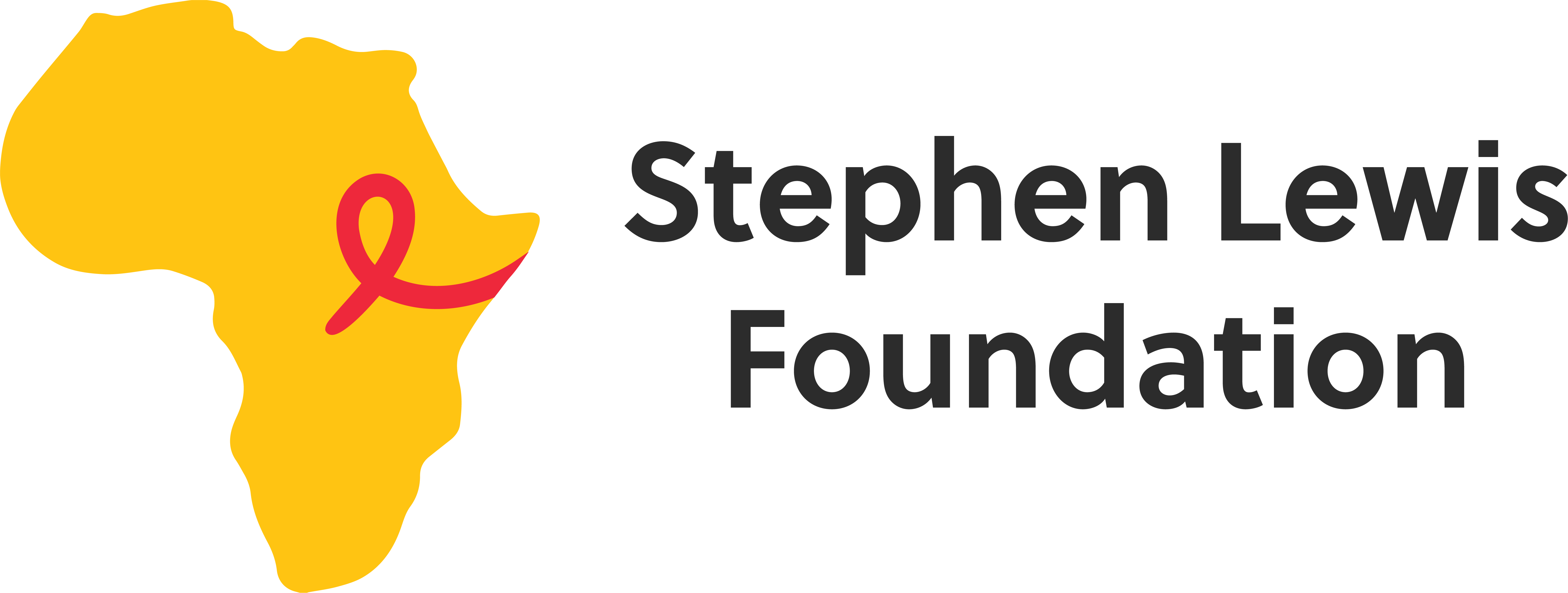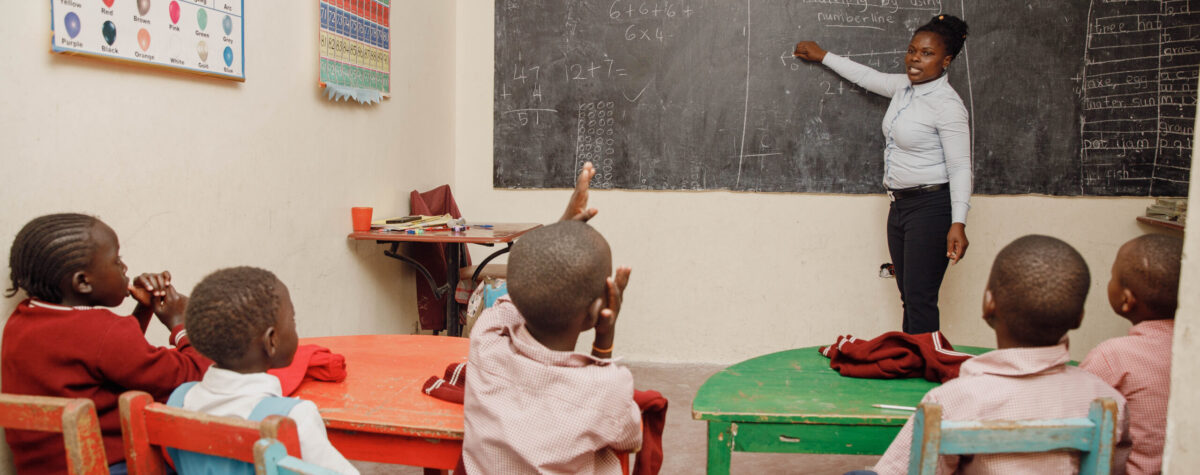Originally published in The Globe and Mail Opinions on March 31, 2025.
David Morley is a member of the Order of Canada and Co-Chair of the Stephen Lewis Foundation Board of Directors.
It is no exaggeration to say that the last two “G” summits held in Canada may have had the greatest impact on global development since the first G6 was held in France 50 years ago. In June, the G7 will meet in Kananaskis, Alta., and there is still an opportunity for this summit in Canada to have a major positive influence around the world, no matter which party is in charge at that point.
It has happened before.
In 2010, the G8 was held in Muskoka, Ont. Stephen Harper, who was leading a minority government at the time, made maternal and child health his signature cause for that summit and rallied global leaders to invest in cost-effective life-saving interventions: vaccines, community health workers, midwives and neonatal care. Together, the G8 leaders invested more than US$5-billion to save the lives of women and children in the poorest countries of the world.
And this investment worked. It galvanized support from non-G8 countries too, and made a difference in reducing the number of children and mothers who died from preventable causes.
By 2017, the G7 presidency was back in Canada, and the summit was held in Charlevoix, Que. While it is remembered today as the meeting where Donald Trump had a temper tantrum about Justin Trudeau’s communiqué, the real impact on the world was on girls’ education. At this summit, the G7 leaders followed Canada’s lead and invested US$3.8-billion to educate girls caught in humanitarian crises.
In both these cases – a Conservative minority government and a Liberal majority government – Canada led the way in addressing critical issues that affected the world’s most vulnerable people.
We can do it again.
The decision by Mr. Trump and his henchman Elon Musk to dismantle the U.S.’s foreign aid program has put the lives of many of the world’s most vulnerable people at risk. And nowhere is this more apparent than among HIV-positive people in sub-Saharan Africa. People on HIV medication have had their supplies abruptly cut off. Clinical trials have been stopped dead in their tracks. Health workers have been fired. Without HIV testing and with the destruction of health systems, there is a fear that AIDS will kill more than 6 million people before Mr. Trump’s second term is up. We risk a return to the darkest days of the AIDS pandemic, which destroyed whole swaths of African society.
But June’s G7 summit offers an opportunity to change that future path. Canada can lead a movement by all governments – both in the wealthy world and in the Global South – to fight AIDS through investments in the testing, treatment and counselling efforts that have been summarily cut off by the Trump administration. This movement can and should include the private sector, too, because we mustn’t forget that both brand-name and generic producers of anti-AIDS medication have a stake in being able to have markets for their medication as well.
Some may say that organizing a movement like this takes too much time, and that we will never be ready before the G7 meeting in just three months. But this is a global emergency, and on this point there is precedent, too: we know that when the stakes are high, even governments can move fast.
In 2010, a minority Canadian government struggling in the aftermath of the financial crisis led a global effort and saved countless lives of women and children around the world. In 2017, a majority Canadian government at a time of economic growth led a global effort that saw more girls get the opportunity to go to school. No matter what happens in the coming election, the next government of Canada can lead a life-saving charge to halt the return of the AIDS pandemic. This will increase Canada’s standing in the world at a time when we need more allies than ever before, boost multilateral organizations when they have been disparaged and diminished, and reinforce the humanitarian credentials so vital to Canada’s soft power. And most importantly, it will save countless families and communities from the grief and sadness of premature deaths caused by AIDS.
Once again, Canada has the opportunity to use a G7 summit to change the world for the better. We must seize the moment and save lives.



